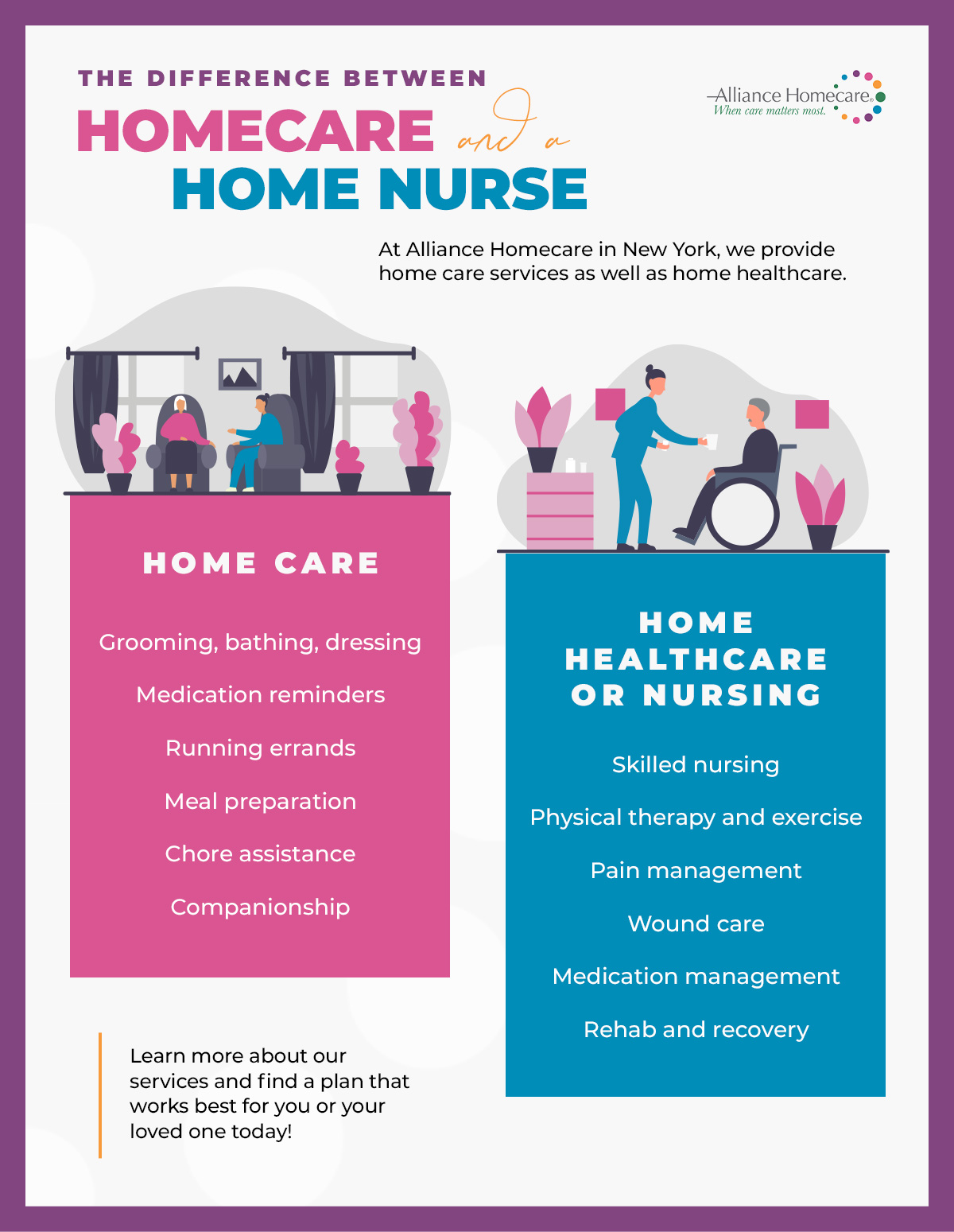Practical steps to communicate your needs to a support at home provider
Everything About Home Treatment Services for People With Disabilities: NDIS Registered Assistance
Home treatment services under the NDIS play an essential role in sustaining individuals with handicaps. These services are made to improve daily living with customized help, varying from personal like wheelchair assistance. Comprehending just how to navigate these choices can be intricate. This summary discovers the various elements of NDIS home treatment, from readily available services to the choice of service providers, highlighting crucial considerations for those seeking assistance. The trip toward empowered care starts below.
Understanding the NDIS and Its Function
The National Handicap Insurance Scheme (NDIS) acts as a transformative framework created to offer support and services for people with impairments. Established to improve the quality of life and warranty equitable access to vital resources, the NDIS equips participants by using customized strategies customized to their one-of-a-kind needs. It aims to promote self-reliance, allowing individuals to pursue their personal objectives and aspirations.Through an organized strategy, the NDIS allocates financing for numerous assistances, consisting of education, work support, and community involvement. This all-encompassing scheme not only concentrates on prompt treatment however likewise highlights long-term developmental end results. By advertising option and control, the NDIS motivates participants to select their recommended provider, guaranteeing that treatment aligns with their values and choices. Ultimately, the NDIS stands for a substantial commitment to improving the lives of individuals with handicaps, cultivating inclusivity, and developing a much more supportive culture.
Kinds Of Home Treatment Services Available
Numerous sorts of home treatment services deal with people with handicaps, largely concentrating on individual treatment assistance and reprieve care choices. Personal treatment assistance provides necessary assistance with daily activities, while reprieve treatment provides momentary alleviation for primary caretakers. Comprehending these services is essential for ensuring the health of both people with impairments and their family members.
Personal Care Support
While maneuvering every day life can offer obstacles for people with specials needs, personal treatment support offers necessary assistance tailored to their one-of-a-kind requirements. This kind of home treatment solution incorporates a variety of tasks created to advertise freedom and boost lifestyle. Personal care assistants help with daily tasks such as bathing, dressing, grooming, and toileting, making certain individuals preserve personal hygiene and comfort. They might also help with meal preparation, medication administration, and flexibility support. By supplying individualized care, these experts equip individuals to involve more fully in their social tasks and daily regimens. Generally, individual care assistance plays a considerable function in cultivating self-respect and autonomy for those with impairments, permitting them to flourish in their home atmosphere.

Reprieve Care Options
Break care serves as an essential source for family members and caregivers of people with handicaps, supplying short-term relief from the needs of day-to-day caregiving. This kind of solution can take various kinds, including in-home respite care, where qualified specialists check out the home to help with care tasks. Families may opt for facility-based respite treatment, where people get treatment in a specialized environment, enabling caregivers to take a break. In addition, some companies supply emergency situation reprieve services for unexpected situations. These choices not only assist alleviate caretaker stress yet additionally promote the well-being of individuals with impairments by using them brand-new experiences and social communication. Generally, respite care plays a vital duty in sustaining both caretakers and those they look after.

Just How to Accessibility NDIS Home Treatment Solutions
Accessing NDIS home care solutions includes comprehending the eligibility requirements stated by the National Handicap Insurance Policy Scheme. People need to navigate an organized application procedure to safeguard the essential support customized to their needs. This section will certainly clarify both the qualification requirements and the actions associated with making an application for services.
Eligibility Criteria Clarified
To receive NDIS home care solutions, people need to fulfill details qualification criteria that evaluate their scenarios and demands. Candidates need to be matured in between 7 and 65 years and have a substantial and long-term handicap that influences their capacity to execute daily activities. Additionally, they have look at these guys to be an Australian citizen, an irreversible homeowner, or hold a Protected Special Group Visa. The NDIS requires proof of the disability, usually via medical evaluations or reports. Individuals need to demonstrate that they need support to participate in social and economic life. These standards assure that solutions are guided in the direction of those who genuinely require help, advertising freedom and boosted quality of life for individuals with specials needs.
Application Process Steps
Can I Select My Own Assistance Workers Through NDIS?
The specific asked whether they could pick their very own support employees under the NDIS framework. Generally, individuals have the versatility to pick assistance workers, cultivating customized care that lines up with their specific demands and preferences.
What Takes place if My Requirements Adjustment After Getting Assistance?
They need to interact these changes to their service supplier if an individual's requirements change after receiving assistance. Changes can be made to the care strategy, guaranteeing that the assistance remains reliable and relevant for their scenarios.

Exist Restricts on How Numerous Hours of Treatment I Can Get?
The private asked about prospective limitations on the number of treatment hours got. Usually, such restrictions might exist based on particular policies or funding arrangements, highlighting the value of assessing standards and agreements routinely.
Can I Utilize NDIS Funding for Home Modifications?
The question of check over here using funding for home modifications arises frequently. Usually, people might use NDIS funding for required modifications to their homes, making sure availability and safety, contingent upon meeting details qualification requirements and guidelines.
How Do I Handle Issues Concerning My Home Care Services?
To resolve complaints about home treatment solutions, individuals need to initially document their concerns. After that, they can interact directly with their company, seeking resolution, or rise the problem to relevant oversight bodies if needed. Home treatment services under the NDIS play a crucial function in sustaining individuals with disabilities. Different types of home care services provide to individuals with handicaps, mostly focusing on personal treatment assistance and reprieve care alternatives. home care providers melbourne. Personal treatment assistance gives important assistance with everyday tasks, while break treatment offers momentary alleviation for primary caretakers. Families may decide for facility-based respite care, where individuals obtain treatment in a specialized atmosphere, permitting caregivers to take a break. Exactly how can family members effectively handle the economic aspects of home care solutions for people with disabilities?